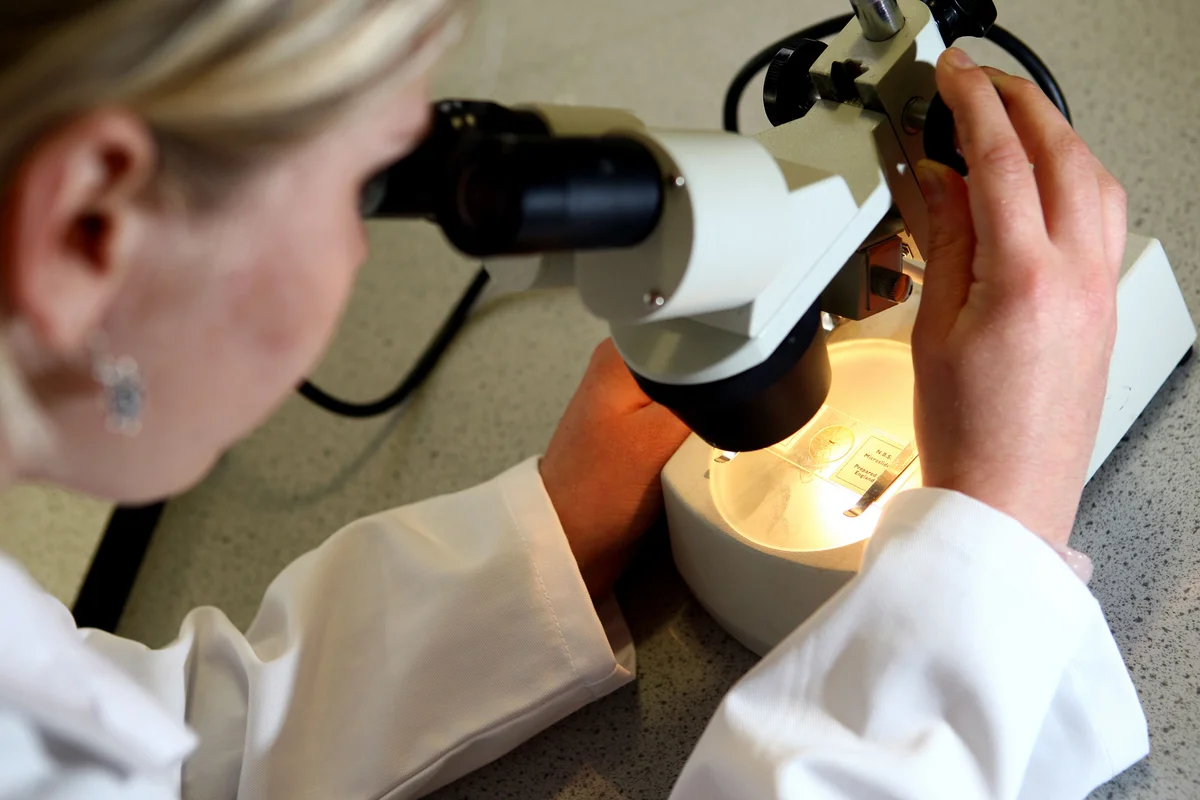By Nicole Wootton-Cane
Copyright independent

A simple test could transform the lives of thousands of women with breast cancer by leading to more effective and individualised treatments, experts have said.
Genome sequencing could help more than 15,000 women a year benefit from “precisely” tailored care by analysing their DNA to understand their tumour and their likely response to certain treatments, scientists added.
Researchers at the University of Cambridge said the technology is “rapidly” becoming cheaper, but is “arguably not being used to its full potential” for common cancers in a study published in The Lancet Oncology.
Professor Serena Nik-Zainal, who led the study, said the testing could provide “rich” information that could help get “the right therapies to the right patients much faster”.
“It is becoming increasingly possible to use whole genome sequencing to inform cancer management, but it’s arguably not being used to its full potential, and certainly not for some of the more common types of cancer,” she explained.
“Part of the reason why is because we lack the clinical studies to support its use, but it’s also in part precisely because the information is so rich – in a sense, the information can be too overwhelming to make sense of.”
The team used data from almost 2,500 women from across England housed within the National Genomic Research Library – one of the world’s largest and most valuable data assets of its kind, and run by Genomics England. Tracking data from the women over five years, the researchers looked for genetic changes that cause or influence breast cancer, including problems in the way cells repair DNA.
They found that 27 per cent of breast cancer cases had genetic features that could help guide personalised treatment immediately, either with existing drugs or recruitment to prospective or current clinical trials. This equates to more than 15,000 women a year in the UK, they said.
Among those features identified were: HRD (homology-directed repair deficiency), a DNA repair issue found in 12 per of all breast cancers; unique mutations that could be targeted with specific drugs; signs of resistance to hormone therapy; and mutational patterns that suggest weaknesses in the cancer that treatments could exploit.
The analysis also provided insights into prognosis, identifying genetic markers that were “more predictive” than traditional measures such as age, stage of cancer, or tumour grade.
Using the results, the researchers created a framework to help doctors identify which patients need more aggressive treatment and which might safely have less treatment. It also suggested that around 7,500 women a year with low-grade tumours may benefit from more aggressive treatment.
Professor Nik-Zainal said the UK is a “world leader” in whole genome sequencing through the Genomic Medicine Service, adding the testing could “make a difference to thousands of patients’ lives every year”.
She said the research could also help speed up recruitment to clinical trials by matching patients with genetic mutations to appropriate studies.
“At the moment, we test patients for just a small number of genetic mutations and may invite them to join a clinical trial if the patient has a mutation that matches the trial’s target,” she explained.
“But if we have their entire genetic readout instead, we will no longer be restricted to single trials with a specific target. We could massively open up the potential for recruitment, to multiple clinical trials in parallel, making recruitment to clinical trials more efficient, ultimately getting the right therapies to the right patients much faster.”